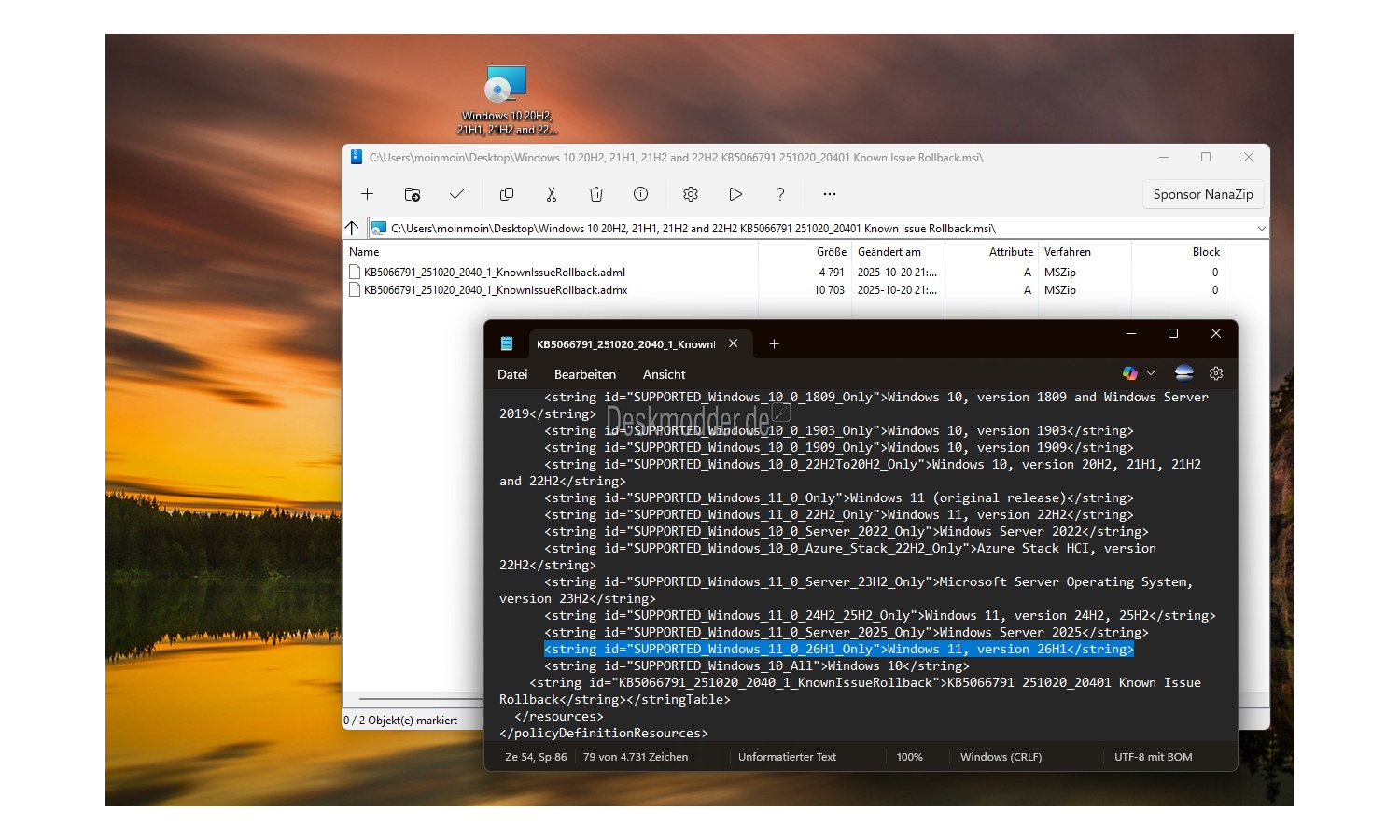
Microsoft makes its first references to Windows 11 26H1
It may not have been long since Microsoft finally released the Windows 11 25H2 update, but the company is already working away on the next big release. We know little about it, but Microsoft has – perhaps accidentally – released code that makes reference to Windows 11 26H1.
This is the first time that Microsoft has referred to this particular branch of Windows 11 development, lending some credibility to the rumors that this was the next feature update for the operating system. So, what do we know?
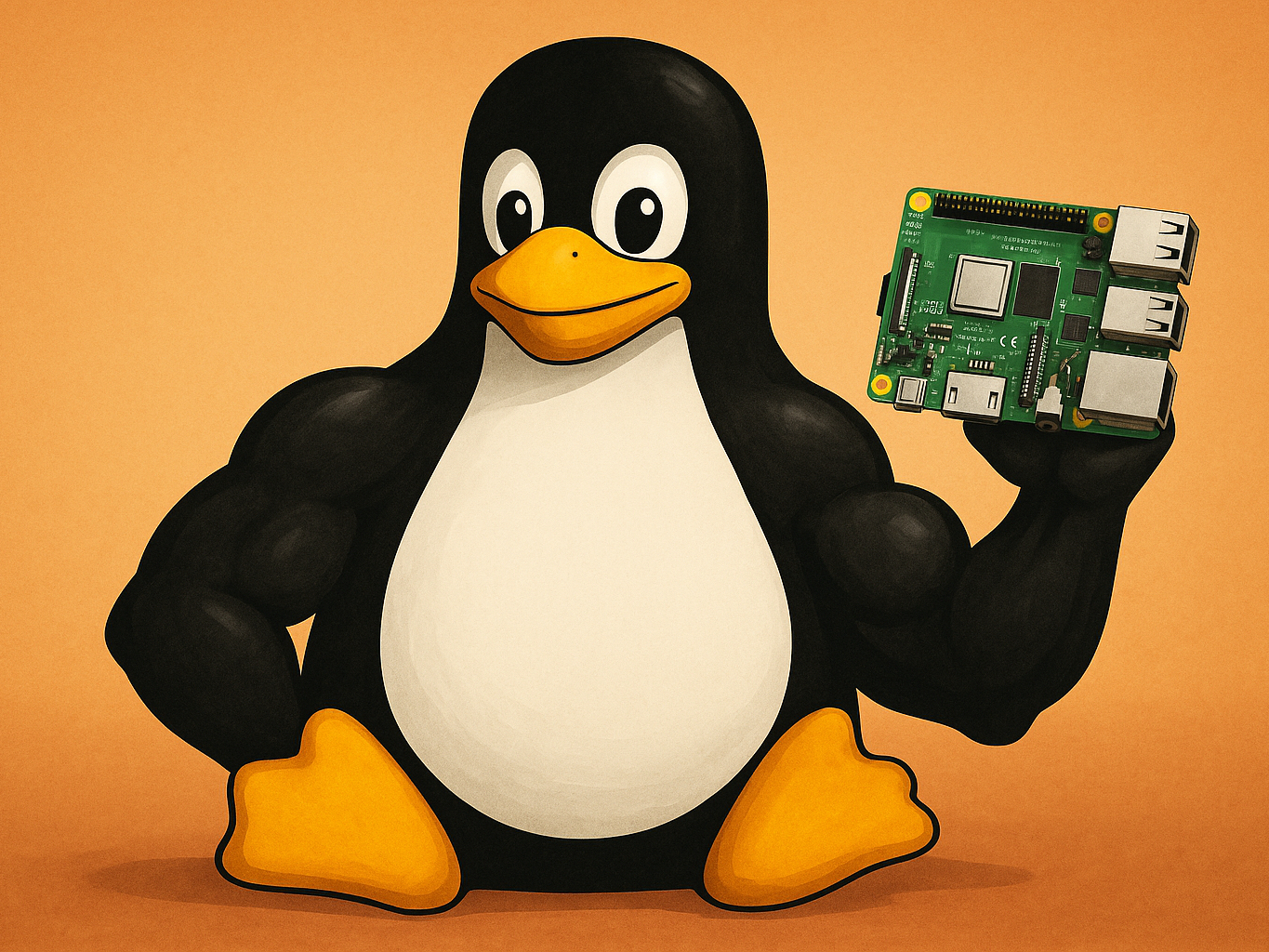
ARM is the future and Armbian 25.5 is the Linux-based OS ready for it
Armbian 25.5 is here, and it looks like a quality operating system release for anyone messing around with ARM-based boards. The Linux distribution brings better hardware support, smarter configuration tools, and more.
This update adds support for more single-board computers, including the TI SK-AM69, Banana Pi M2+, BeagleBone AI-64, BeaglePlay, and PocketBeagle2. That covers both newer devices and older ones that still have life left in them. Armbian’s not leaving legacy users behind, which is refreshing.
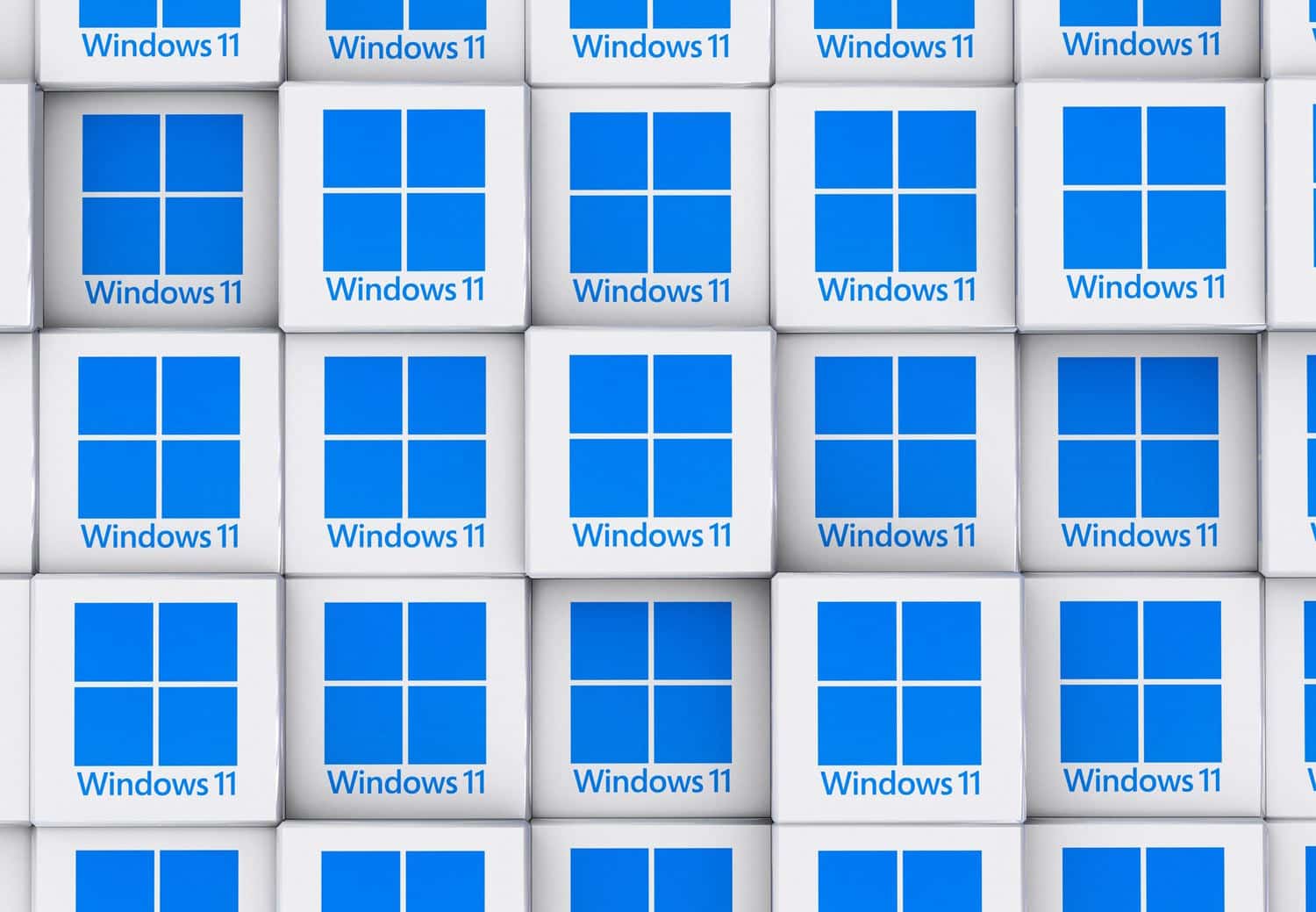
You can now easily download Windows 11 ISOs for Arm-based PCs
Showing its continuing, and growing, love of Arm-based systems, Microsoft has now released an ISO image of the Arm edition of Windows 11.
In making the ISO available, Microsoft has just made life a whole lot easier for those who have embraced Arm. While it was not impossible to obtain Windows 11 for Arm previously, there were off-putting hoops to jump through, but the direct download is very welcome.

Best Windows apps this week
Five-hundred-and-eighty-eight in a series. Welcome to this week's overview of the best apps, games and extensions released for Windows 10 and 11 on the Microsoft Store and elsewhere in the past seven days.
Microsoft released the March 2024 optional update for Windows 11 this week. It includes all the changes of the Moment Update 5, which adds more AI to Windows and also changes for European Economic Area users.
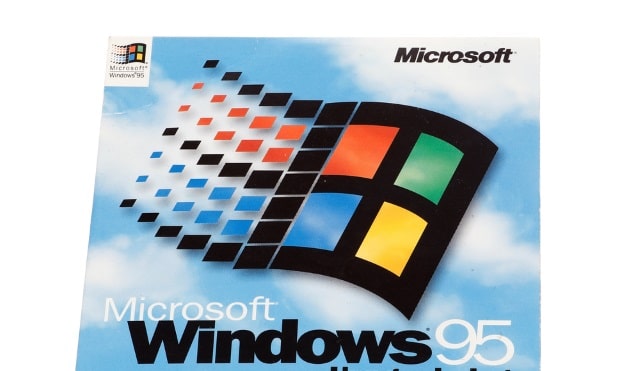
New version of Windows 95 runs on Windows, macOS and Linux, with dedicated builds for ARM-based systems
I hated Windows 95 when I first used it back in 1995, purely because it was so different from what I was used to. I soon came to realize the error of my ways and it introduced many of the features we still use today, including a desktop, taskbar and Start button.
Slack developer Felix Rieseberg released Windows 95 as an Electron app four years ago, updating it shortly afterwards to allow it to run gaming classics like Doom. Now he rolls out a new version which can run on any Windows, Mac or Linux system.
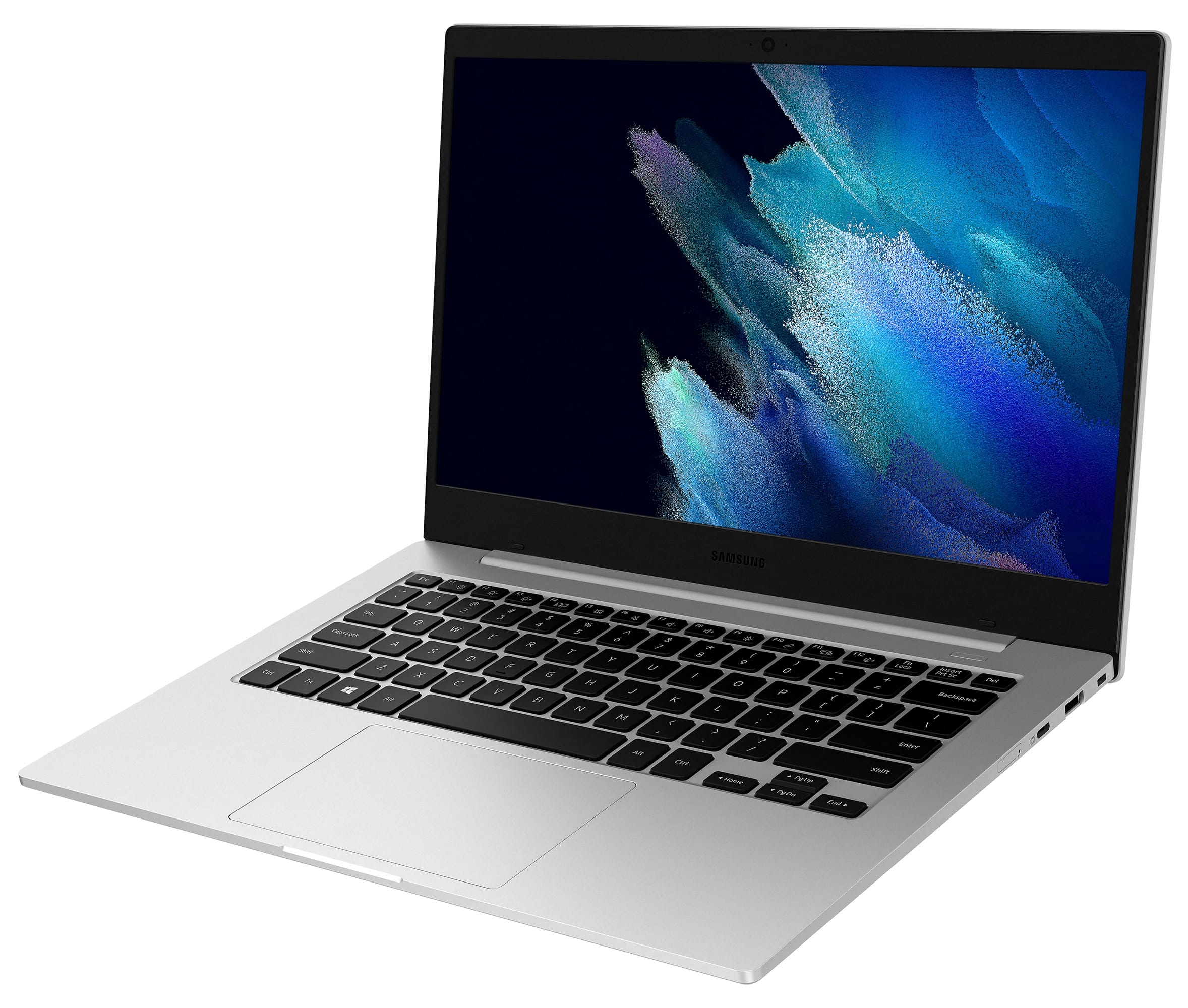
Act fast: Samsung Galaxy Book Go Windows 10 laptop available now for only $349!
Want to know a secret computer manufacturers don't want you to know? Look, don't tell anybody this, but... most consumers don't need to spend $1,000 on a computer. Hell, most folks don't even need to spend $500. Because let's be honest, the majority of home users only open a web browser and do all their computing on the web. Yes, for most people, modern home computers largely exist as a way to run a web browser. If you don't think that is true, you are fooling yourself.
This is why Chromebooks are so popular these days. But what if you want an operating system a bit more capable than Chrome OS, such as Windows 10? Well, there are plenty of inexpensive laptops running that OS too. For example, earlier this month, we told you about the super-affordable Galaxy Book Go -- a low-cost ARM-powered laptop from Samsung. Well, as of today, you can finally buy it!
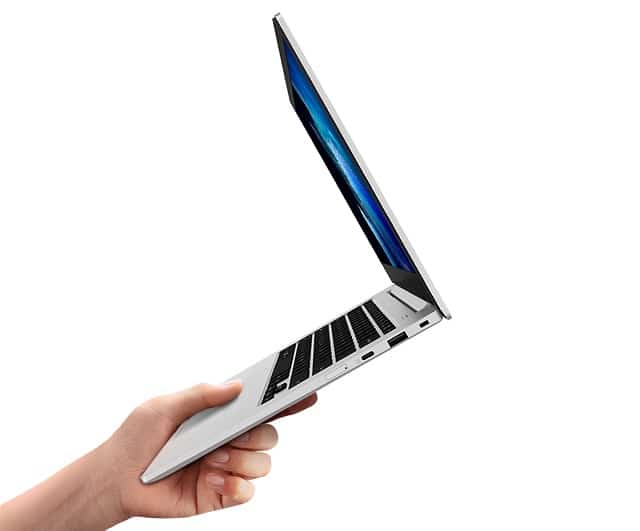
Samsung unveils affordable Galaxy Book Go Windows 10 laptop with optional 5G
ARM processors have been around for a really long time. In modern times, they are found in most tablets and smartphones. These ARM chips have been used in Windows computers for years, but they really never caught on with consumers in that regard. In contrast, the newest Mac computers are powered by Apple's own ARM-based processors, and they have been universally praised as fast and efficient. Apple shows that ARM can succeed on the desktop.
Today, Samsung announces its newest Windows 10 laptop, and guess what? Like the new Mac computers, it too is powered by an ARM processor. Called "Galaxy Book Go," the 14-inch notebook can be equipped with optional 5G cellular connectivity -- something Apple's computers do not yet have. Believe it or not, Galaxy Book Go is shockingly affordable too, starting at just $349.

You can finally run Windows 10 along with Ubuntu Linux on Apple M1 Mac computers
When Apple switched from Intel to its own ARM-based processors for new Mac computers, some people were dubious that the transition would go smoothly. Well, guess what? Apple did it, folks. The company moved to a new chip type without any major negative issues. In fact, Apple's M1 chip has been universally praised as being both fast and energy efficient.
Earlier this year, some people got Linux-based Ubuntu running on the M1 hardware, and that process is getting better all the time. Sadly, owners of M1 Mac computers have been unable to run Windows 10 like they could on older Intel-based Mac machines. Until now, that is. Yes, you can finally run Windows 10 on Apple M1 Mac computers -- sort of.

Arch Linux-based Manjaro ARM 20.12 is here for Raspberry Pi 4, Pinebook, Odroid N2, and more
ARM is the future of desktop computing, and once again, Apple is leading the mainstream in this regard -- its new M1 Mac computers have been very well received. True, Microsoft had Windows on ARM first, but the reality is, consumers didn't care about that. Apple has made desktop computing on ARM popular.
With all of that said, Linux on ARM predates both Windows and macOS on ARM, and quite frankly, Linux is better equipped to scale to different architectures. The newest Raspberry Pi 4 computer, for instance, can run desktop Linux distros like a champ. And now, Arch Linux-based Manjaro ARM 20.12 is here for Raspberry Pi 4, Pinebook, Odroid N2, and more.

Apple updates 27-inch iMac, but it uses old-school x86_64 Intel processors -- not ARM
The future of computing is ARM, not x86. Apple is once again a trailblazer, as it is eventually transitioning all of its Mac computers to its own ARM-based "Apple Silicon," ditching Intel entirely. True, Microsoft is also using ARM a bit with Windows, but that company's indecisive behaviors and previous failure with Windows RT has left consumers a bit nervous. Apple was correct to just pull off the band-aid and dive right into the ARM waters.
Well, mostly. Apple has a two-year plan to move Mac to ARM entirely, but in the interim, it will still sell Intel-based machines. In fact, today, Apple updates its popular 27-inch iMac, but it still uses old-school x86_64 Intel processors and not the new Apple Silicon. With that said, the 27-inch iMac can now be configured with a 10-core processor for the first time, and solid state drives are now standard -- you can even opt for an 8TB SSD. The webcam has been bumped up to 1080p, which is great for those working from home. It even gets the T2 Security Chip and improved speakers.

After switching to ARM, expect Apple to buy TSMC too
Readers have been asking me to comment on Apple’s decision, announced at last week’s World Wide Developers’ Conference, to start switching to Apple-designed ARM processors for its Macintosh computers. I usually don’t like to do second-day (or, in the case, second-week) stories unless I can add something new to the discussion. Oddly, I usually can and that’s the case here, where Apple’s move to ARM has a big-picture strategy component that is absolutely vital to the company’s continued success. It also doesn’t seem to be covered yet anywhere but here.
Forget all the talk about Apple moving to ARM because the chips are better than Intel’s or consume less power. You can even forget the idea that using its own chips allows Apple to be more secretive. While these points are all true, Apple would still be moving to ARM even if they weren’t. The switch is all about money, which comes down to Apple’s cost of goods on one hand and Apple’s market capitalization on the other.

Macs will use ARM-based Apple processors instead of Intel -- is Hackintosh dead?
Today at WWDC 2020, Apple confirmed the rumors -- the company is ditching Intel processors for future Mac computers. While there are technically still some future Intel-powered Macs in the pipeline, Apple intends to eventually switch to its own in-house chips exclusively. The company expects it will take two years for the transition to complete. The last time Mac made such a switch, it was PowerPC to Intel.
Obviously, these ARM-based chips will not be able to run current versions of macOS, so Apple has also announced the next version of the OS that will be compatible. Called "Big Sur," this upcoming version of macOS will also be able to run legacy third-party x86_64 programs through its Rosetta compatibility layer. All Apple programs will be designed for the ARM chips directly.
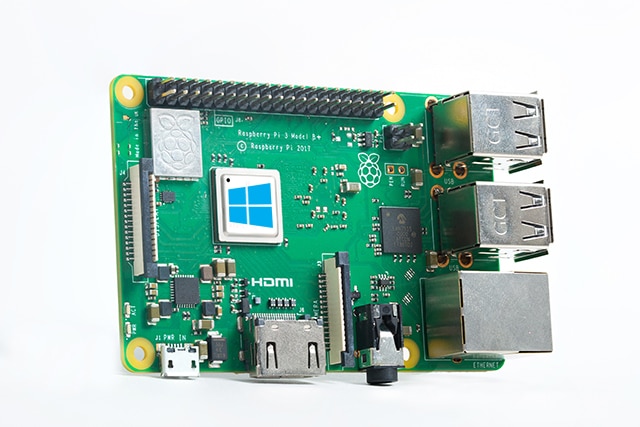
Forget Linux -- Here's how to install Windows 10 on Raspberry Pi 3
The official way to install a version of Microsoft’s latest operating system on a Raspberry Pi is to use Windows 10 IoT, but that’s a stripped down version and a far cry from the Windows 10 we know and love/hate (delete as applicable).
Microsoft makes a version of Windows 10 that runs on ARM processors, and there’s now an unofficial Windows On ARM tool that lets you install that OS on the Raspberry Pi 3 Model B or B+.
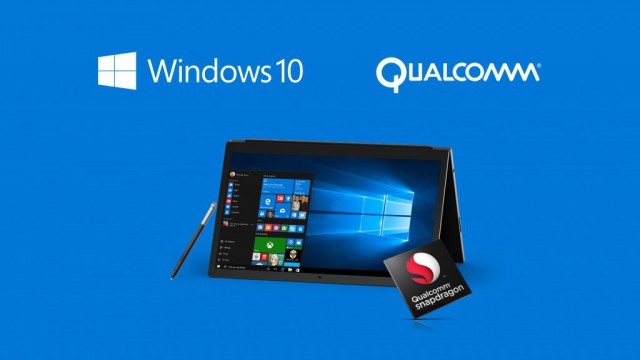
Windows 10 on ARM: Here's what you'll be missing
Windows 10 on ARM is a very interesting proposition for road warriors. You get the benefits of a full-featured operating system in a package that rivals the battery life and connectivity options of a mobile device. What's not to like?
While on paper it may sound like it offers the best of both worlds, Windows 10 on ARM is not perfect -- at least not yet -- as Microsoft's own documentation raises some serious questions surrounding its usability and compatibility.
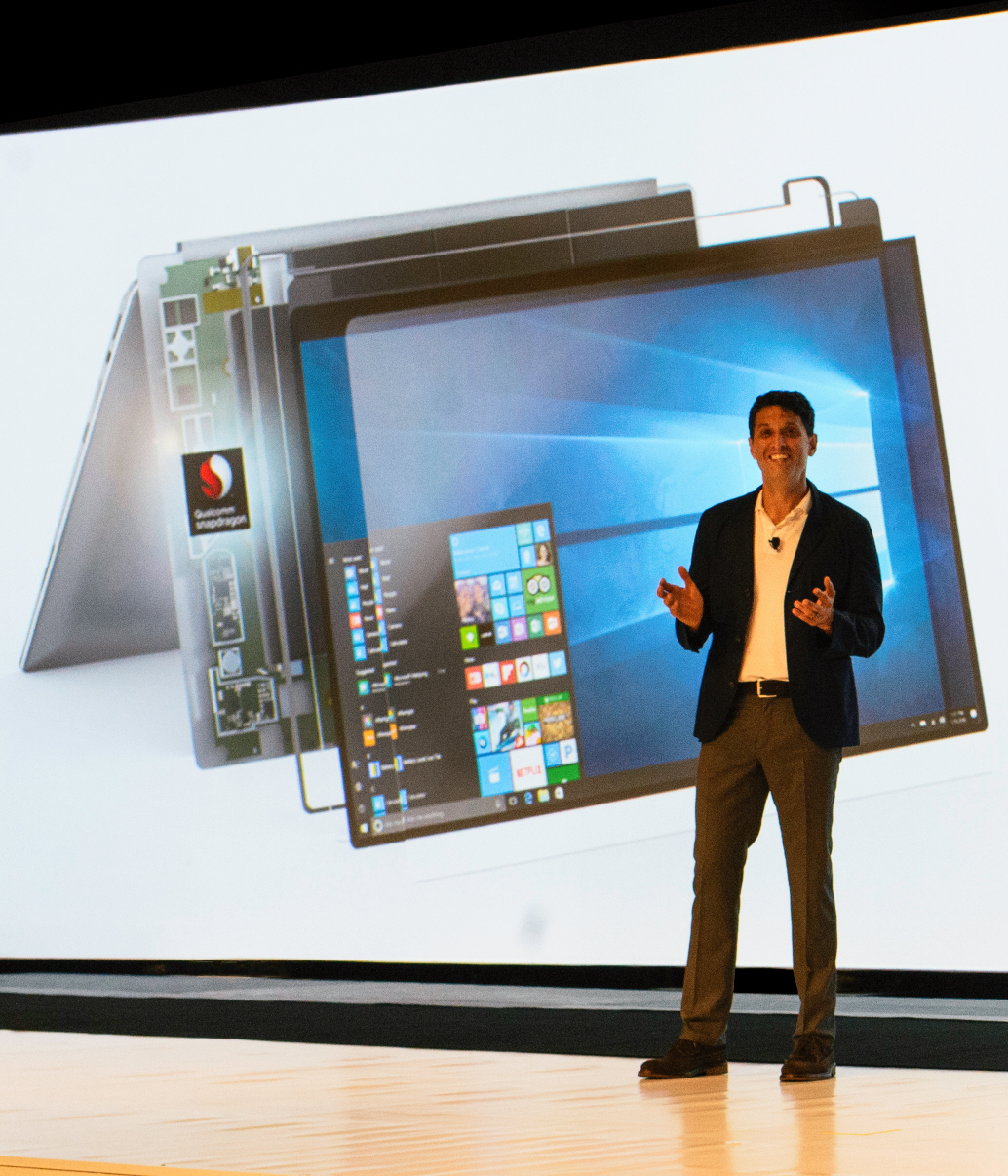
Microsoft unveils the first Always Connected ARM-powered Windows 10 PCs
Today, at the Qualcomm Snapdragon Tech Summit, Microsoft and Qualcomm officially unveiled the first ARM-powered Windows 10 laptops.
These devices, referred to as Always Connected PCs, are always on, always connected (via LTE), and promise "incredible" battery life. How incredible? Well, depending on how much you use them, you could see around 22 hours of active use/a month of standby between charges.
